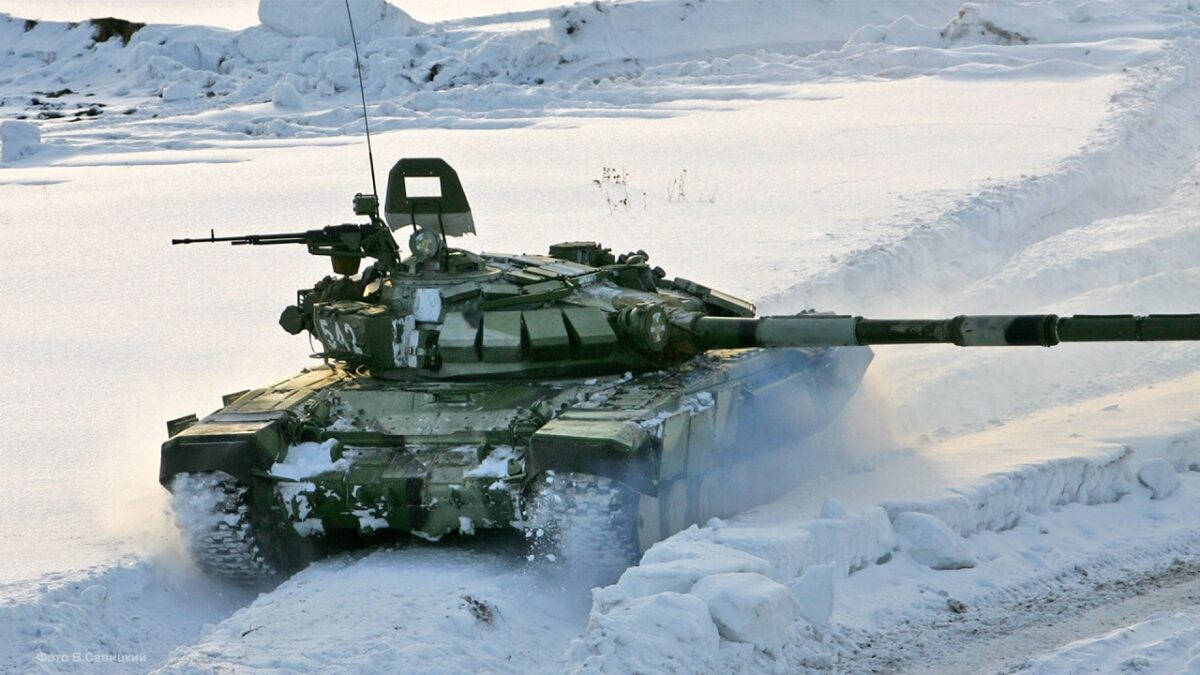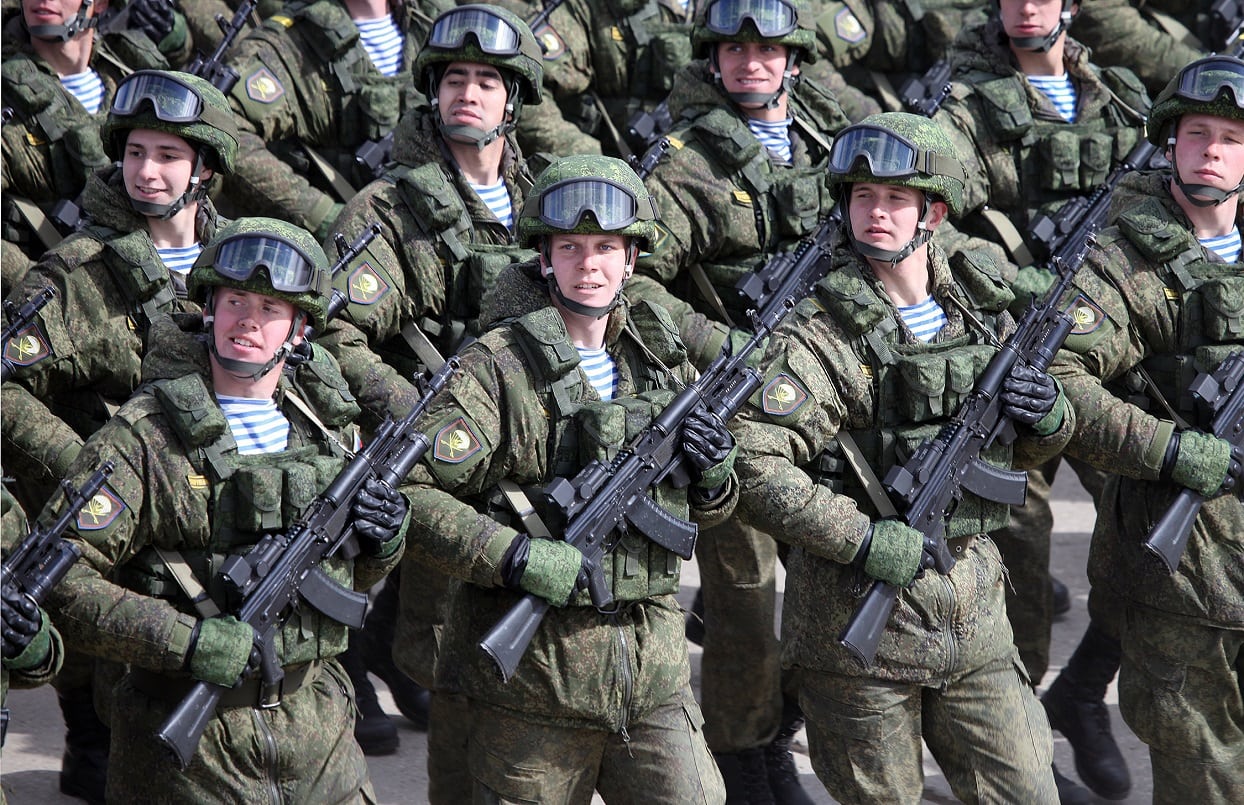Russia could soon weaponize gas supplies: The use of poison gas in the First World War was among the most insidious attempts to break the stalemate. Even as its use has been banned by much of the world, there have been fears that Moscow could resort to employing poison gas or other chemical weapons, as the Kremlin has resorted to such tactics in the past.
Russia’s New ‘Gas Warfare’ Strategy
However, it is now likely that Vladimir Putin could employ a different type of “gas warfare,” one directed not against Ukraine but instead at one of Europe’s poorest countries.
Russia’s state gas giant Gazprom said on Tuesday it could reduce shipments of natural gas to Moldova beginning next week, claiming that Ukraine is withholding some of the gas as it is piped through its territory.
On social media, including posts on Twitter and Telegram, the state-owned company that it would cut gas flow through the Sudzha transit point equal to the amount it claims Ukraine has siphoned off.
“The volume of gas supplied by Gazprom (GZPFY) to the GIS Sudzha for transit to Moldova through the territory of Ukraine exceeds the physical volume transmitted at the border of Ukraine with Moldova,” Gazprom warned.
Both Moldova and Ukraine have responded to Russia’s allegations, and Kyiv has stated that all supplies sent through the country were “fully transferred” to Moldova.
“This is not the first time that Russia resorts to using gas as a tool of political pressure. This is a gross manipulation of facts in order to justify the decision to further limit the volume of gas supplies to European countries,” Olha Belkova of the Gas Transmission System Operator of Ukraine, told reporters, Voice of America reported.
Energy As a Weapon
This is just the latest escalation in Russia’s energy warfare efforts after Russia had previously cut off most natural gas flows to Europe, which leaders across the continent have described as a form of “energy blackmail,” while Gazprom has blamed the issue on maintenance and payment issues. In addition to the pipeline through Ukraine, one other pipeline under the Black Sea is still supplied with Russian natural gas.
Russia currently supplies Moldova with about five million cubic meters of gas per day, which CNN reported is just a tiny fraction of the gas the European Union (EU) regularly uses to power its homes and businesses.
In the near term, it may not be a huge problem for most of Europe – as the continent’s gas storage facilities are nearly 95 percent full, according to data from Gas Infrastructure Europe. EU member states made a concerted effort over the summer to stock up before the colder months, and also increased imports from alternate suppliers and of liquefied natural gas.
Want more 19FortyFive military, defense, and national security, as well as politics and economics analysis from the best experts on Earth? Follow us on Google News, Flipboard, YouTube, Facebook, Twitter, and Linkedin. Also, sign up for our newsletter here. You can also find our code of publishing ethics and standards here. Want to contact us? Email: [email protected].
However, prices are likely to spike in the coming weeks if Russia does stop the flow of the natural gas.
Russia is currently the world’s largest gas exporter, and a few nations including North Macedonia, Moldova, and Bosnia and Herzegovina, have historically relied entirely on Russian natural gas.
In addition, Russia is also the fourth largest liquefied natural gas (LNG) exporter in the world after Australia, Qatar, and the United States. Even as Europe has attempted to break its energy dependence on Russian exports, much of Europe has actually increased its imports of Russian LNG.

T-90 tank in the snow. Image Credit: Creative Commons.
Yet, while many nations are dependent on its fuel, Moscow is also reliant on the revenue it brings in. Russia’s attempt at energy blackmail would only cripple Russia’s already shaky economy.
A Senior Editor for 19FortyFive, Peter Suciu is a Michigan-based writer. He has contributed to more than four dozen magazines, newspapers, and websites with over 3,000 published pieces over a twenty-year career in journalism. He regularly writes about military hardware, firearms history, cybersecurity, and international affairs. Peter is also a Contributing Writer for Forbes and Clearance Jobs. You can follow him on Twitter: @PeterSuciu.

